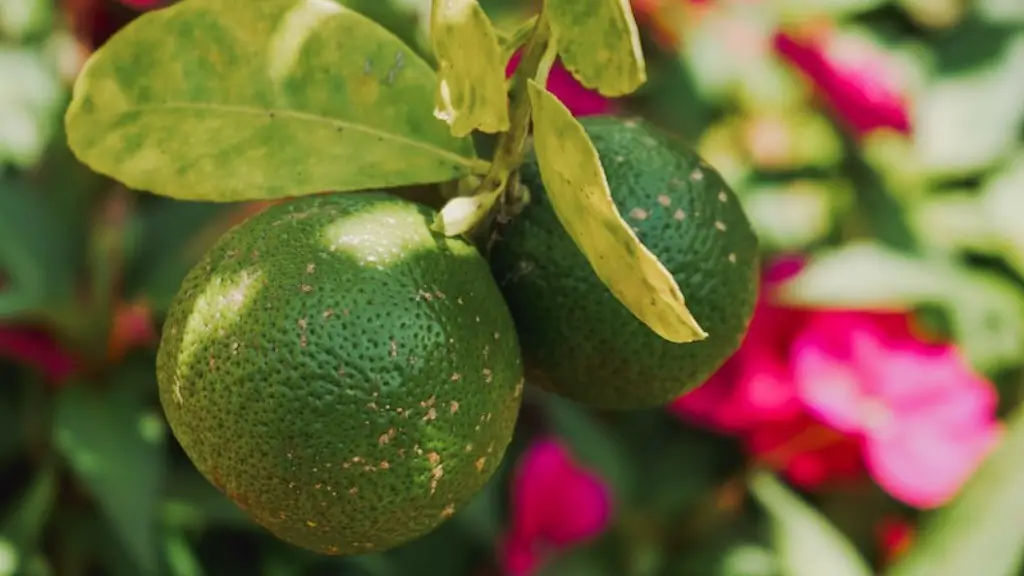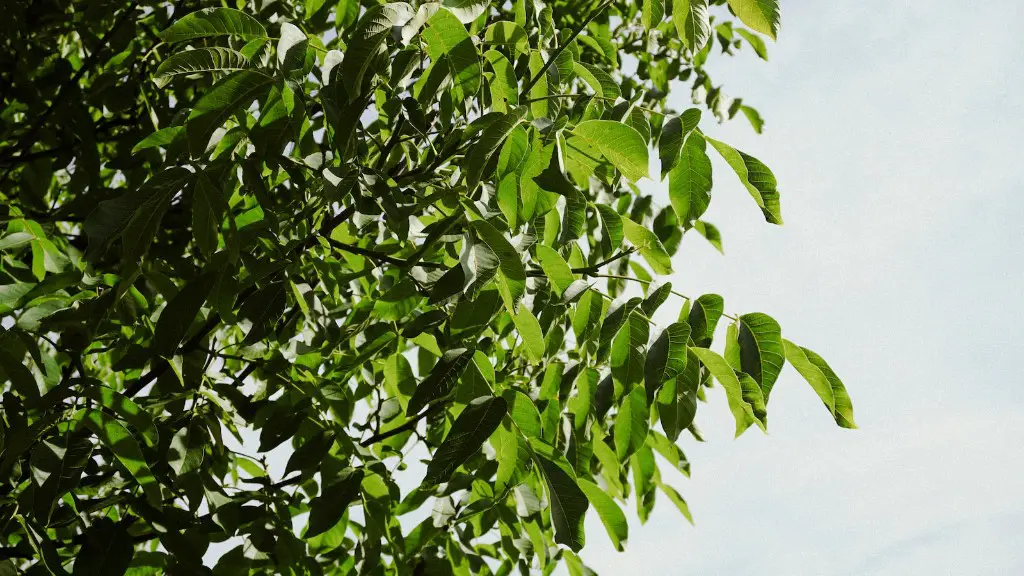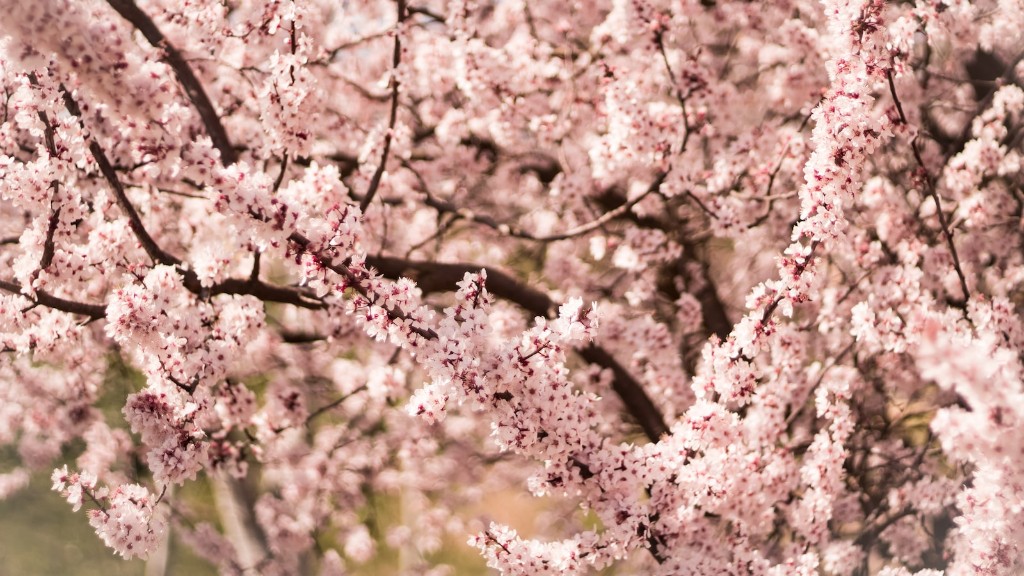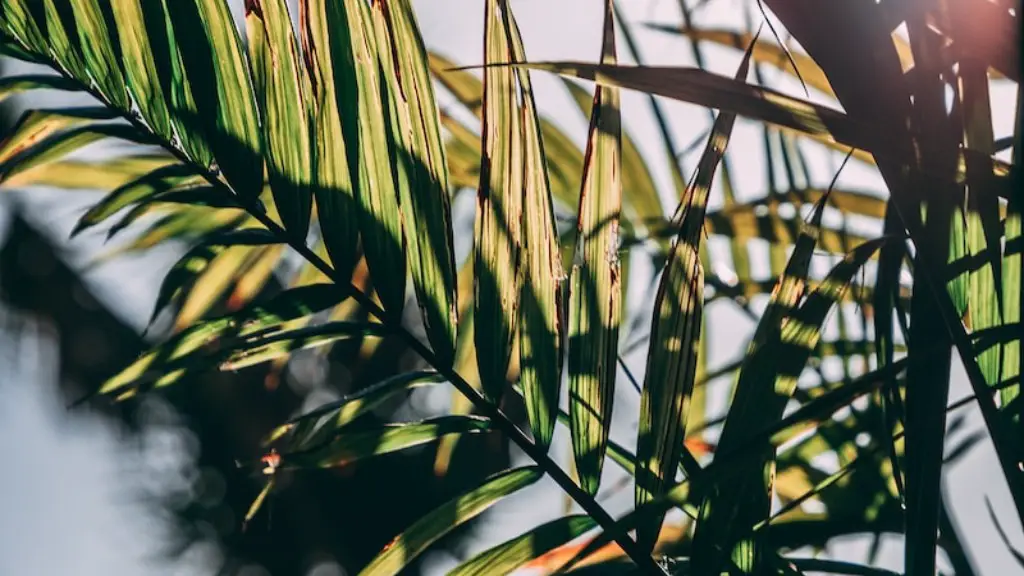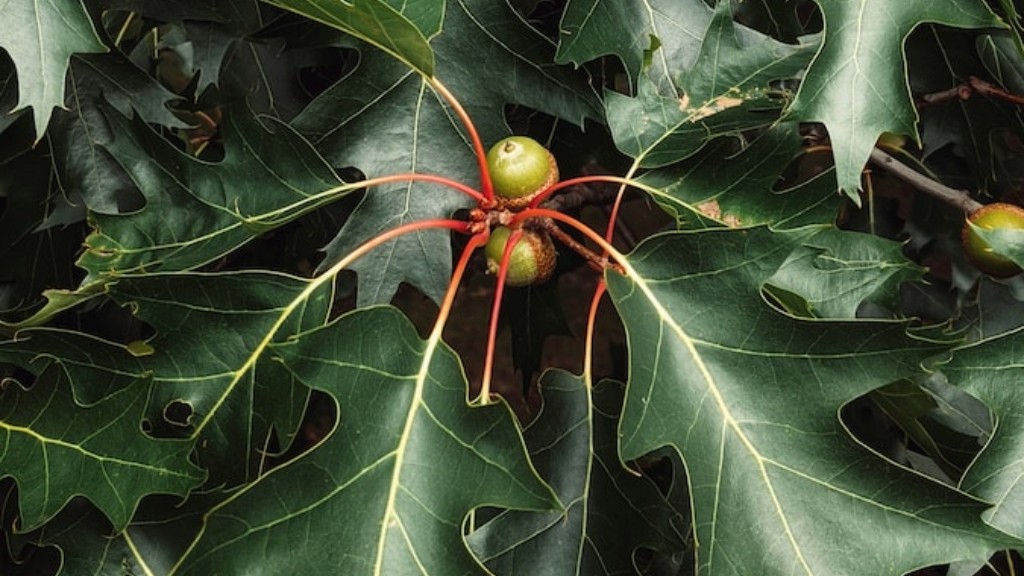It’s important to select the right lemon tree for your garden or patio to ensure years of bounty. When making your selection, it’s best to consider how much room you have and how often you’d like to suck on sweet, tart lemonade. Here are some tips to help you find the ideal lemon tree.
First, consider the environment. Do you have a shady or sunny space for your tree? If you live in a cooler climate, you might want to opt for a more cold-hardy variety of lemon such as Eureka or Lisbon. Conversely, if you live in a hotter climate, try a Meyer lemon or Bearss lime.
Next, consider how big your tree will grow to be. Dwarf varieties are well suited to container gardening while standard size varieties may require more space. Be sure to pick a container (or planting area) that is slightly larger than the full grown size of your tree.
Thirdly, consider how often you’d like to harvest lemons. If harvesting juicy lemons is the goal, Meyer lemon trees tend to produce the most fruit. They are usually self-pollinating and smaller in size, which makes for easier harvesting. Additionally, a Meyer lemon will grow in both sun and shade.
Fourthly, think about the type of season you have. If your growing season is relatively short, you may want to look for a lemon tree that not require an extended period of growth such as Lisbon, Eureka, Fairy or Femminello. These varieties can produce over a longer period, so you’ll have a steady supply of lemons.
Fifth, think about the flavor of your tree. Meyer lemons tend to have a sweeter flavor, while Lisbon and Eureka are better suited to soaps, cleaning and cooking. Bearss lime also has a sweeter flavor, which is ideal for drinks and desserts.
Finally, think about the look of your lemon tree. Lemon trees come in various sizes, shapes and colors, so you should pick the one that best suits your garden and home. Don’t be afraid to ask your local nursery or gardening center for help with your selection – they should be able to offer insights on how to pick the best lemon tree.
How to Care for Your Lemon Tree?
Once you have selected your lemon tree, it is important to ensure that it is properly cared for. For best results, ensure that you are watering your tree regularly and supplementing with a balanced fertilizer. Avoid over-fertilizing, as this can damage your lemon tree’s roots. You should also ensure that your tree is getting adequate sunlight, as this will promote healthy growth and a bountiful harvest.
It’s also important to prune your tree during the late Winter or early spring months. If your tree is in a container, you should also repot it into a larger pot. Repotting and pruning help increase airflow and light, create more space for development and fruit production, keep the tree healthy, and manage its size. Focus on removing dead or diseased branches and any outward growing limbs, but beware of pruning too hard.
Furthermore, you should inspect your tree regularly for pests, diseases and other signs of distress. Signs of distress may include yellow or brown spots on the leaves, leaf drop and weakened branches. If you notice any of these symptoms, it’s best to contact local garden professionals to discuss potential treatment and remedy options.
Common Lemon Tree Diseases
Although lemon trees are relatively easy to grow and maintain, there is a wide range of potential diseases that can affect them. One of the most common is fungal disease, which can be caused by too much moisture or a lack of air circulation. Other common diseases include root rot, leaf spot, scab, canker and blight.
To prevent disease it is important to create a healthy growing environment. This includes proper watering, adequate sunlight, pruning and the use of a balanced fertilizer. If you do encounter a disease, you may be able to treat it with a fungicide solution. Avoid attempting to treat a disease yourself and instead, consult a qualified garden professional.
Harvesting and Storing Lemons
It is important to know when your lemon tree will be ready to harvest. The optimum time to harvest will depend on the variety you selected, however, most lemon leaves mature in the late summer. Once ready, pick the lemon fruit when the rind becomes hard, and the fruit has a bright yellow colour. Avoid squeezing the fruit, as this may cause damage and loss of juice.
After harvesting, store your lemons in a cool, dry and dark place. You can extend their shelf life by wrapping them in newspaper or a cloth bags and refrigerating. Most lemons will stay fresh for up to two weeks when stored correctly.
Preserving Lemons
If you find that you harvested more lemons than you can use right away, you can preserve them to extend their lifespan. You can preserve lemons by pickling them, making them into a preserve or candying them. You can also preserve lemons for use in winter months by freezing them. To freeze lemons, slice them thinly into segments and lay them on a baking sheet, before freezing overnight. Once frozen, the lemons should be placed into a freezer-safe bag or container and will keep for up to 8 months.
Tips for a Successful Lemon Tree
Here are some quick tips for growing a successful lemon tree:
- Ensure your tree has an adequate amount of sunlight, water and fertilizer.
- Prune your tree regularly to promote healthy growth and allow air and light to access the tree.
- Check regularly for pests, disease and other signs of distress.
- Harvest lemons just before they reach full maturity, as they will taste better and store longer.
- Store your lemons in a cool and dark place, and preserve them if necessary.
Organic Gardening and Lemon Trees
Organic gardening is becoming a popular way to grow plants and produce. When it comes to growing lemon trees, the same principle applies – opting for organic gardening is the best practice. Sustainable and organic practices help promote healthy soil, decrease water usage and reduce environmental stress. Typical organic practices include composting, mulching, using beneficial insects and avoiding synthetic pesticides or fertilizers.
Another benefit of organic gardening is that it can help create a sustainable, healthy ecosystem. It also helps to promote biodiversity, a balanced ecosystem and natural pest control. Additionally, organic gardening can lead to increased yield and better-tasting produce. Consequently, if you opt to grow a lemon tree, it’s best to create an organic garden to promote healthy growth.
